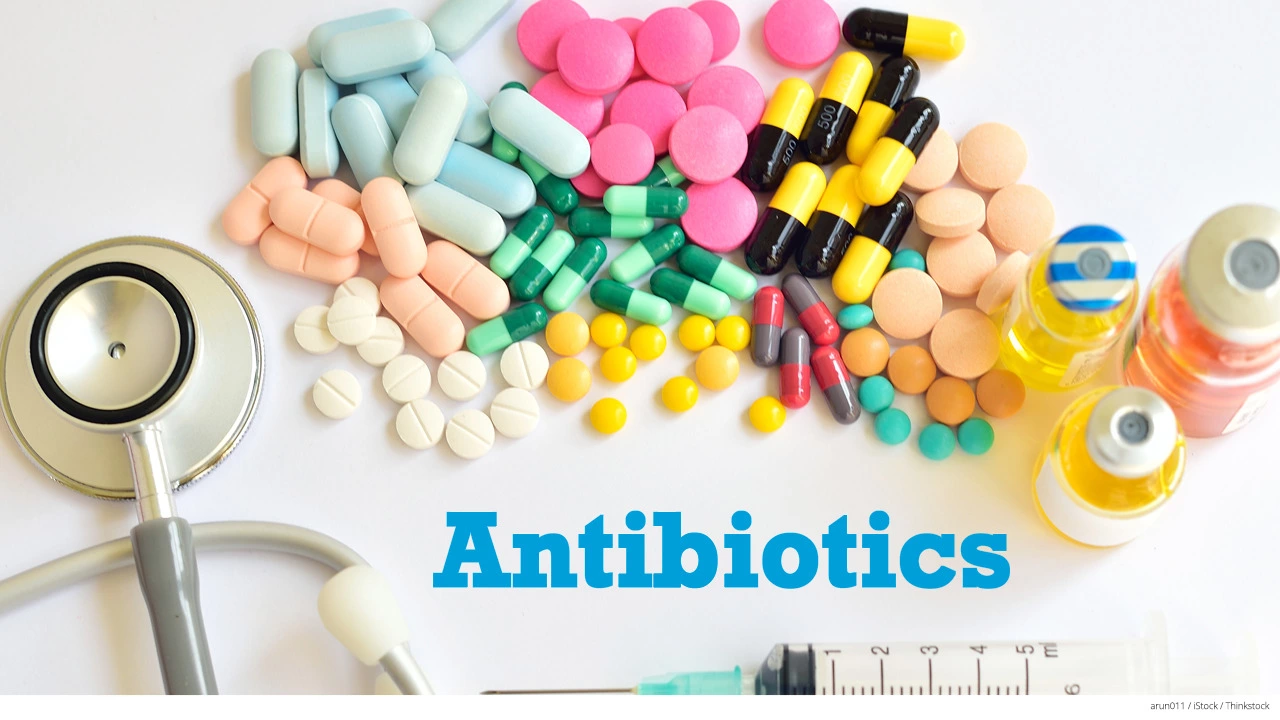Introduction to Ampicillin
Ampicillin is an antibiotic that is commonly used in the medical field, but it also plays an integral role in biotechnology and research. This antibiotic is derived from penicillin and works by inhibiting the growth of bacteria. Biotechnologists often use ampicillin in their research to eliminate unwanted bacteria and to select for specific cells that have been transformed with plasmids.
The Role of Ampicillin in Genetic Engineering
In the realm of genetic engineering, ampicillin is used as a selection marker. This means that researchers can use it to signify whether or not a certain procedure, such as the insertion of a new gene into a bacterial cell, has been successful. If the target cells grow in the presence of ampicillin, it indicates that the cells have successfully integrated the plasmid DNA. This is because the plasmid DNA carries a gene that provides resistance to ampicillin. Bacteria that do not take up the plasmid and hence do not have the resistance gene will be killed by the antibiotic.
Ampicillin in Plasmid Cloning
In plasmid cloning, ampicillin plays a crucial role. A plasmid is a small, circular piece of DNA that is separate from the chromosomal DNA. Scientists can insert a gene of interest into the plasmid, and this plasmid can then be introduced into bacteria. The bacteria will replicate the plasmid, producing multiple copies of the gene of interest. Ampicillin is used during this process to select for bacteria that have successfully taken up the plasmid.
Ampicillin in Protein Production
Ampicillin can also be used in protein production. This is done by inserting a gene that codes for a certain protein into a plasmid. The plasmid is then introduced into bacteria. The bacteria will produce the protein, and ampicillin is used to select for bacteria that are producing the protein. This is a common technique used in biotechnology to mass-produce proteins.
Ampicillin Resistance
One issue that has arisen with the use of ampicillin in research is ampicillin resistance. This is when bacteria evolve to be resistant to the antibiotic. This can occur when bacteria are exposed to ampicillin for extended periods of time. However, researchers have developed strategies to overcome this issue, such as using different antibiotics or modifying the plasmid to include a different resistance gene.
The Safety of Ampicillin in Research
Ampicillin, like all antibiotics, must be used responsibly in research. Overuse can contribute to the problem of antibiotic resistance. Therefore, researchers must ensure that they are using the appropriate amount of ampicillin and that they are disposing of it properly. Despite these concerns, ampicillin remains a valuable tool in biotechnology and research.
Commercial Production of Ampicillin
Ampicillin is commercially produced by many pharmaceutical companies. It is often sold in the form of a powder that can be reconstituted with water. This powder can then be added to the bacterial culture to select for bacteria that have taken up the plasmid. The price of ampicillin can vary depending on the company and the quantity.
Alternatives to Ampicillin
There are also alternatives to ampicillin available. For example, kanamycin and chloramphenicol are other antibiotics that are often used in biotechnology and research. These antibiotics work in a similar way to ampicillin, by selecting for bacteria that have taken up a plasmid. The choice of antibiotic depends on the specific needs of the experiment.
Conclusion
In conclusion, ampicillin is a versatile antibiotic that plays a crucial role in biotechnology and research. Its ability to select for bacteria that have taken up a plasmid makes it invaluable in genetic engineering, plasmid cloning, and protein production. Despite the issue of antibiotic resistance, researchers have developed strategies to overcome this and continue to use ampicillin effectively in their work.


Jensen Leong
July 7, 2023 AT 13:36Still, the resistance issue is real. We need to treat this like a precision tool, not a blunt hammer.
Kelly McDonald
July 7, 2023 AT 21:50It’s wild to think a tiny molecule can decide who lives and who dies in a petri dish. Kinda poetic, honestly.
Joe Gates
July 8, 2023 AT 13:14Tejas Manohar
July 10, 2023 AT 12:27Mohd Haroon
July 11, 2023 AT 03:55harvey karlin
July 12, 2023 AT 12:44Anil Bhadshah
July 13, 2023 AT 01:15Trupti B
July 14, 2023 AT 09:28lili riduan
July 14, 2023 AT 19:39Also, I cry every time a colony grows on my plate. It’s a small victory.
VEER Design
July 15, 2023 AT 10:27Leslie Ezelle
July 17, 2023 AT 00:08Dilip p
July 17, 2023 AT 16:55Kathleen Root-Bunten
July 19, 2023 AT 13:24Vivian Chan
July 19, 2023 AT 16:58andrew garcia
July 20, 2023 AT 04:52Also, 🙏
ANTHONY MOORE
July 20, 2023 AT 18:19Jason Kondrath
July 22, 2023 AT 14:12Jose Lamont
July 23, 2023 AT 07:30